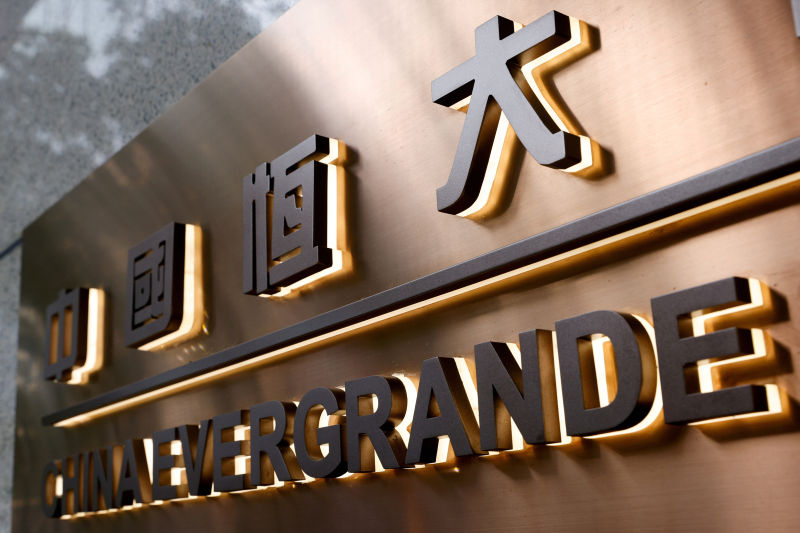Contagion risks are rising in China’s property market, driven by sentiment hits from news headlines of distressed developers, including China Evergrande Group, according to rating agency S&P Global.
“Headlines are hitting homebuyer sentiment and spreading contagion to the broader residential property market,” said Charles Chang, the agency’s Greater China country lead.
“Home sales in China fell 17% in September, year on year, as more buyers absorbed news of developer defaults and property tax trials,” Chang added.
“We expect China’s home sales to fall 10% in 2022 and 5% to 10% in 2023, with an up to 3% drop in prices. This could be the first multi-year sales decline in the market’s history.”
Chang said higher reliance on residential land sales may lead to contagion to local governments and local government financing vehicles as land prices fall.
“Residential land now makes up about 85% of land-sale revenues, 20 percentage points more than a decade ago.”
He said individual developer defaults would have limited direct impact on China’s vast and highly fragmented residential market, but they could spread contagion through headlines.
Evergrande missed three bond interest payments in September and October, but has been able to make payment on its obligations just before the end of their respective one-month grace periods.
Investors Remain Jittery
Debt problems at the developer, once China’s biggest, have sent a frisson of fear through international financial markets, and investors remain jittery about the possibility of future defaults.
At least three other developers – Kaisa, Modern Land and Shimao – have since disclosed cash flow issues.
About 13% of homebuyers now expect prices to fall, up from 10% in 2019, the S&P Global report noted. This is enough to affect sales volumes, Chang noted. Meanwhile, those expecting prices to rise dropped 9 percentage points.
In credit markets, contagion beyond Asia has been limited, as investors based in the US and Europe are likely to have little direct exposure.
However, events this year have led Asian companies to underperform their Latin American peers for the first time in three years.
Within Asia, the effect has been largely confined to China, and within China, to speculative-grade issuers in the real estate sector, Chang noted.
“That said, volatility is likely to remain elevated, as more and larger defaults occur and as the property market continues to weaken.”
S&P Global has previously warned that the struggling real estate sector and broader corporate debt concerns could hinder China’s longer-term growth.
READ MORE:
China State Council Officials Met Property Developers, Banks
China Developer Offers To Swap US Bonds to Avoid Default
























